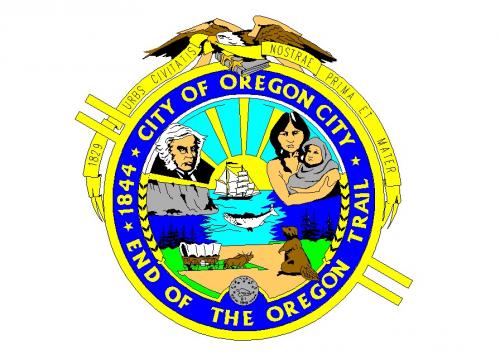In November, Oregon could be the first state to approve a ballot initiative, Measure 109, that legalizes psilocybin. Washington, D.C., is also voting on a measure related to psilocybin and other entheogenic plants and fungi.
Currently, psilocybin, which is derived from certain species of fungi, is listed as a Schedule I controlled substance under the Controlled Substances Act.
In Oregon, Measure 109 would create a program for administering psilocybin, such as psilocybin-producing mushrooms and fungi, to individuals aged 21 years or older. People would be allowed to purchase, possess, and consume psilocybin at a psilocybin service center and under the supervision of a psilocybin service facilitator after undergoing a preparation session.
Measure 109 faces opposition from a Portland-based group that seeks to decriminalize psilocybin. Zave Forster of Decriminalize Nature Portland stated, “We are concerned about the implications of an elite group of beneficiaries putting a free medicine that grows naturally out of the ground behind a paywall.”
Washington, D.C. is voting on a ballot measure, Initiative 81, to declare that police shall treat the non-commercial cultivation, distribution, possession, and use of entheogenic plants and fungi among the lowest law enforcement priorities. Initiative 81 would define entheogenic plants and fungi as species of plants and fungi that contain ibogaine, dimethyltryptamine, mescaline, psilocybin, or psilocyn.
Denver, Colorado, was the first local jurisdiction to vote on, and approve, a ballot measure to declare that the adult use and possession of psilocybin mushrooms were of the city’s lowest law enforcement priorities. In California, the Oakland City Council and Santa Cruz City Council passed resolutions to de-prioritize law enforcement actions against entheogenic plants. Most recently, Ann Arbor, Michigan, became the fourth jurisdiction to declare entheogenic plants to be considered the city’s lowest law enforcement priorities.
Both Oregon Measure 109 and D.C. Initiative 81 share a common top funder—the New Approach PAC. The organization is based in Washington, D.C., and supported marijuana legalization measures in previous election cycles. Between 2014 and 2018, New Approach contributed at least $6.9 million to campaigns supporting recreational or medical marijuana measures. Tax filings from prior years show that New Approach received funding from the Van Ameringen Foundation and Dr. Bronner’s Magic Soaps. In both Oregon and D.C., no political action committees were organized to oppose the measures.
Additional reading:


